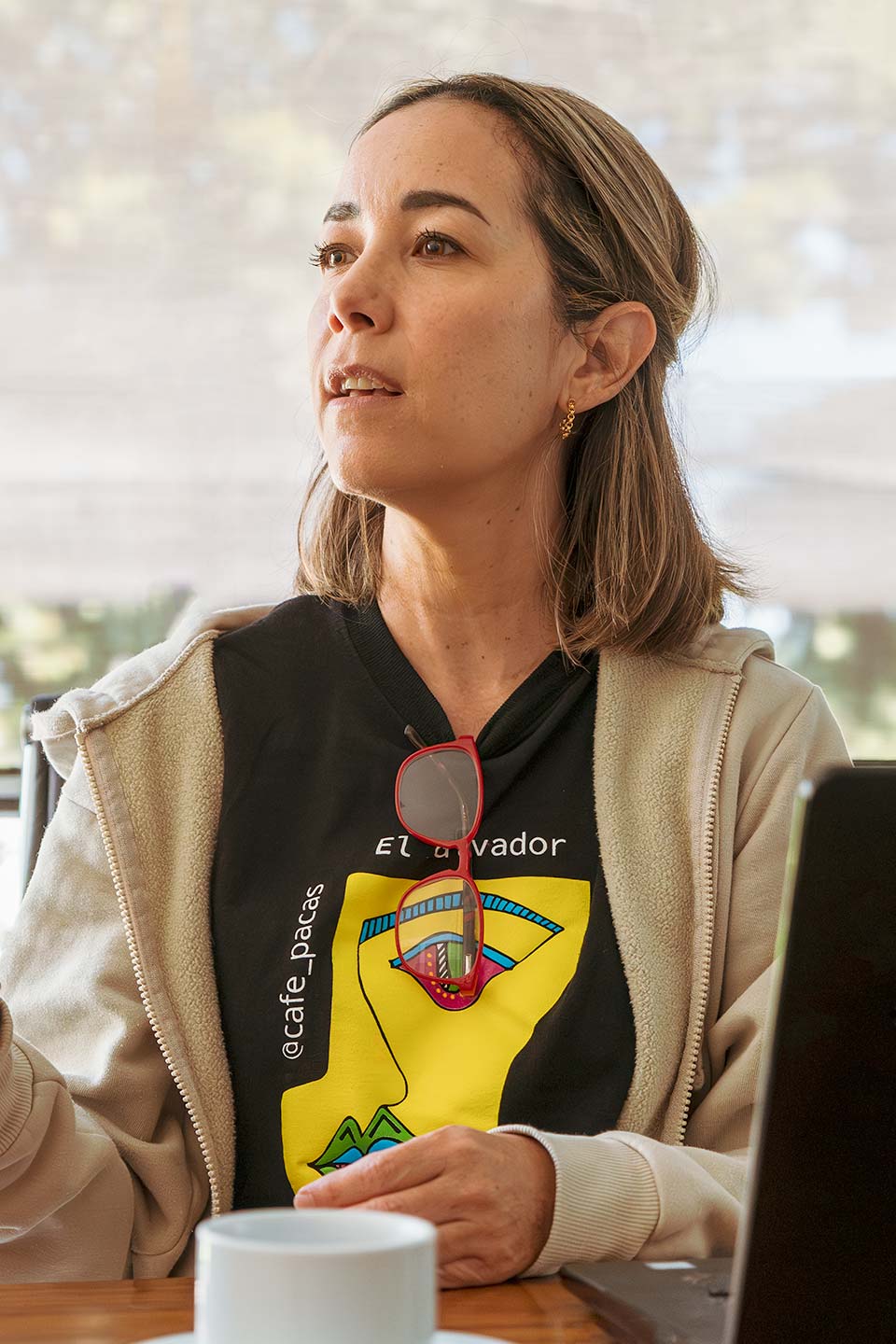
Love is Always Close By: Where Coffee Unites All
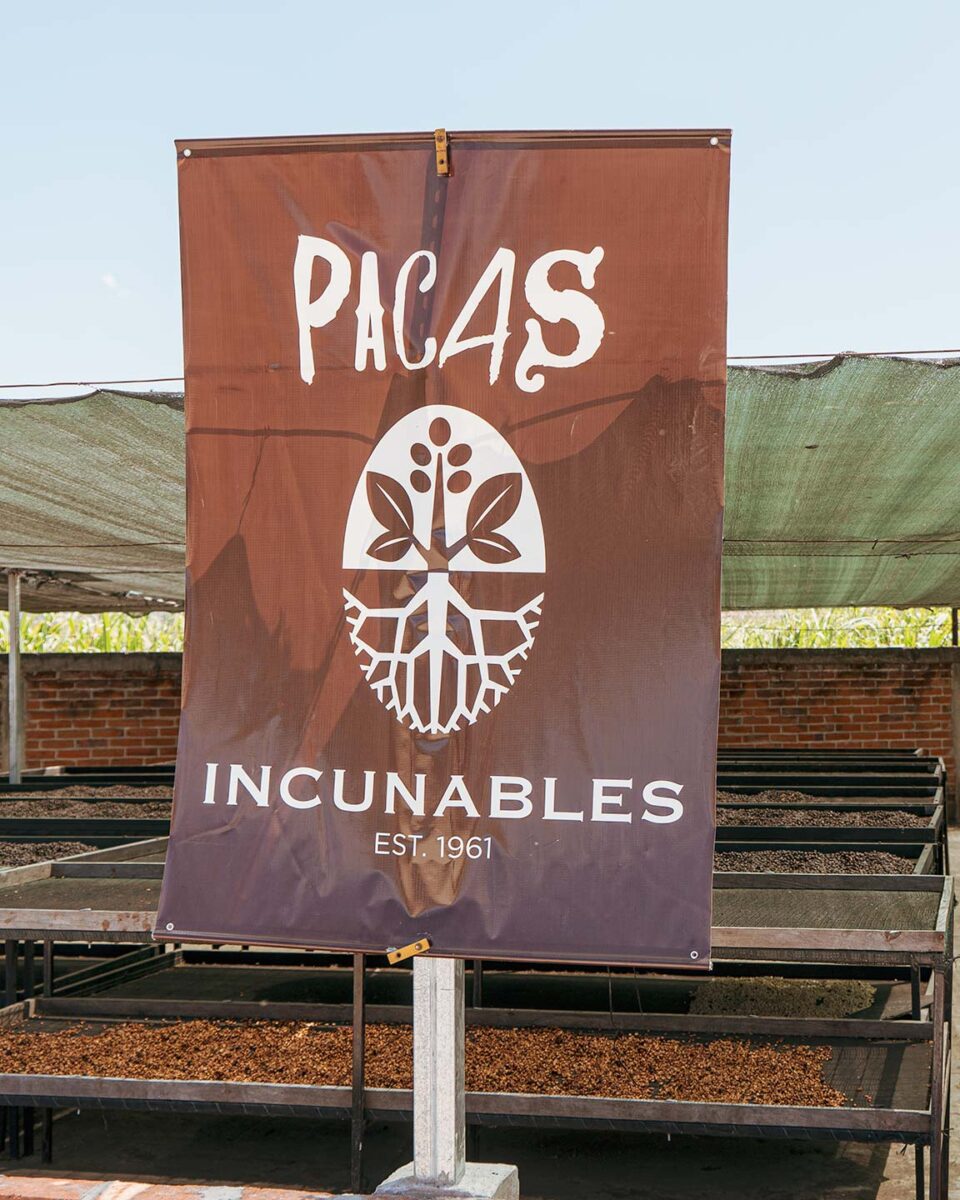
Cafe Pacas has been producing coffee in El Salvador since the late 19th century. In 1991, the family business expanded into specialty coffee production, processing and export ahead of others, adopting a vertically integrated model. With a total of 19 farms currently under its umbrella, the company has nearly 900 employees, including farmers, mill workers, and administrative staff. 400 of them are hired on a permanent basis.
“Our coffee is always a part of us, no matter how far it travels to a consuming country,” says Maria Pacas, Commercial Director at Cafe Pacas. “Thanks to the direct relationships we have with our buyers, importers, and roasters, we can always feel the connection with our coffee.”
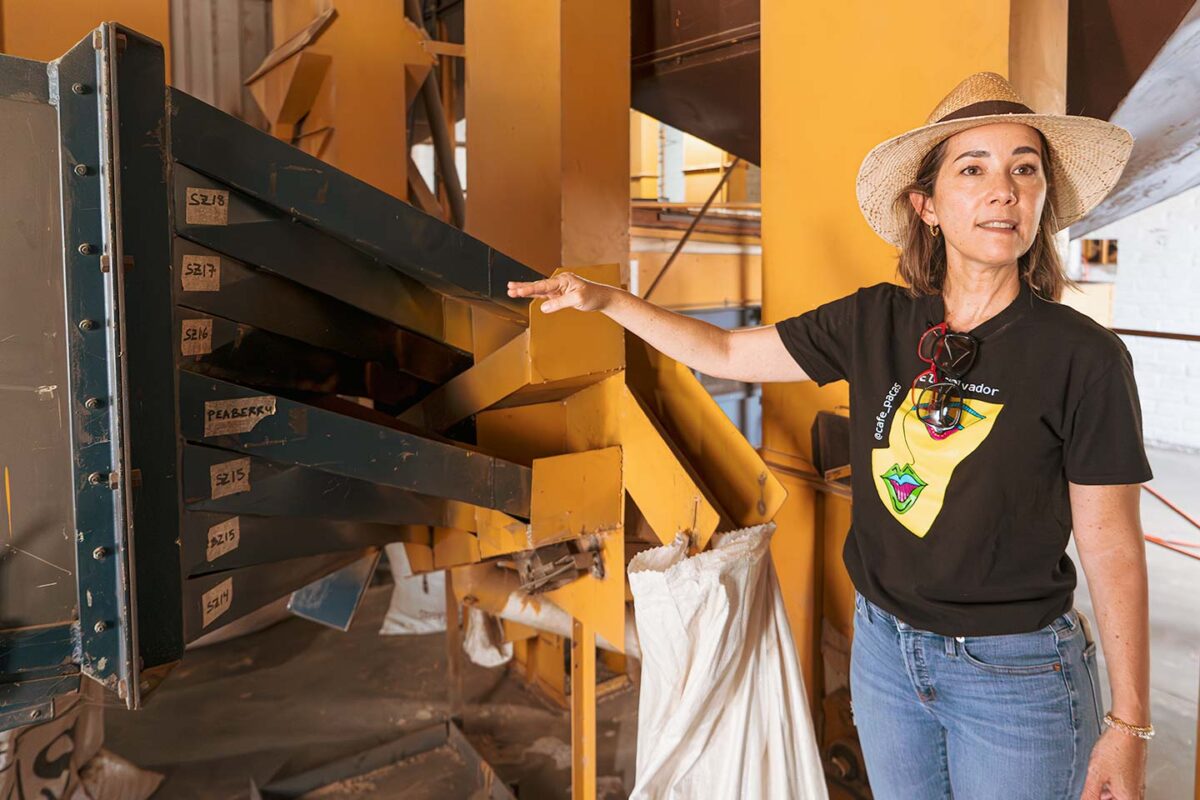
As a member of the Pacas family, Maria grew up around coffee since she was a child. She joined the family enterprise in 2009, and ever since, she has built direct trade partnerships with clients. By doing so, she has helped bring stability and resilience to the company, in the face of volatile coffee prices in the international market. Also worth mentioning is Cafe Pacas’s focus on the well-being of their employees. For instance, the company provides therapy sessions for those who were traumatized by an over decade-long civil war, ensuring emotional fulfillment and happiness for their workers. What truly lies at the heart of Cafe Pacas, a business that treasures familial connections? We spoke to Maria to find out.
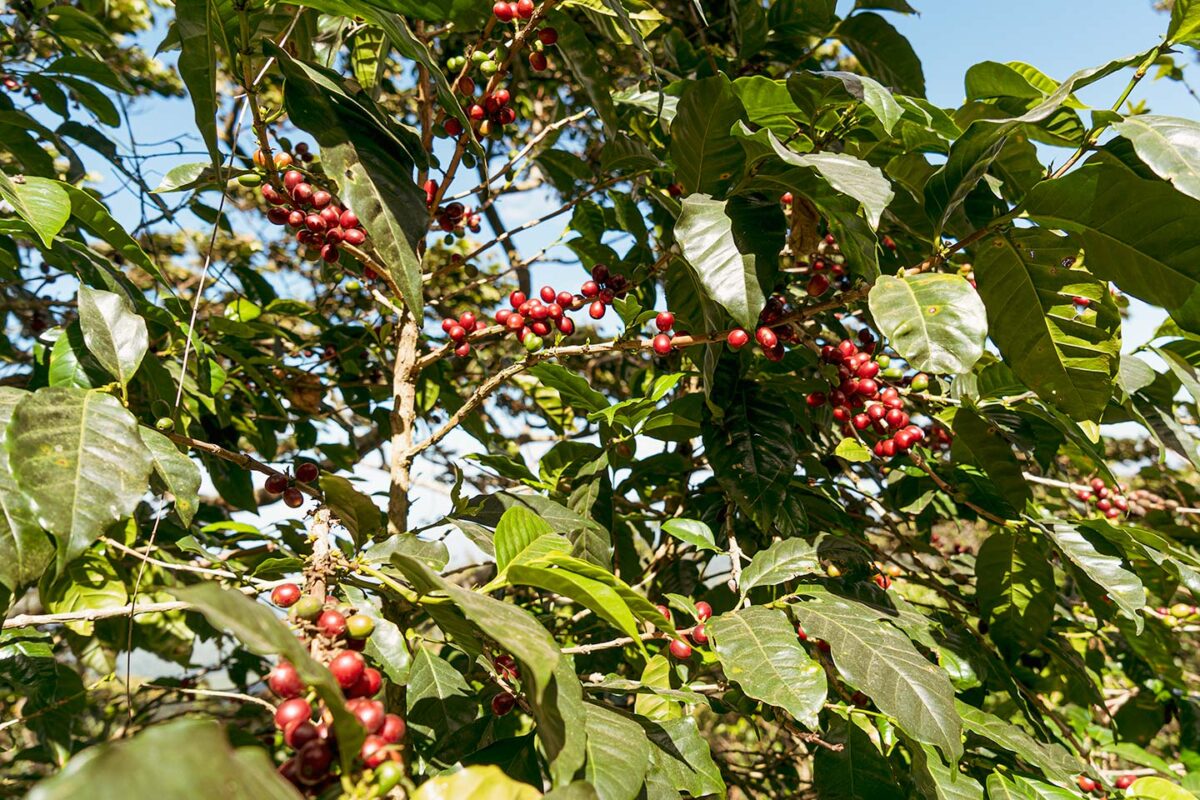
Long-term commitment
Pacas is an internationally famous coffee variety that originated in El Salvador. It was discovered by Maria’s great grandfather, a second-generation coffee producer, on one of his farms in the 1940’s. Named after the Pacas family, the variety is not only known for its abundant yield but also highly sought after for its excellent quality. It has become a popular choice among coffee producers in most Central American countries and parts of South America.
“Pacas has allowed us to open new markets and meet new people,” Maria says. “It truly is a gift from nature. But I don’t think he stumbled upon it by sheer luck. Rather, I believe it was our ancestors’ curiosity and their desire to always find new things and new ways of doing things that led them to Pacas. Curiosity is the source of innovation.”
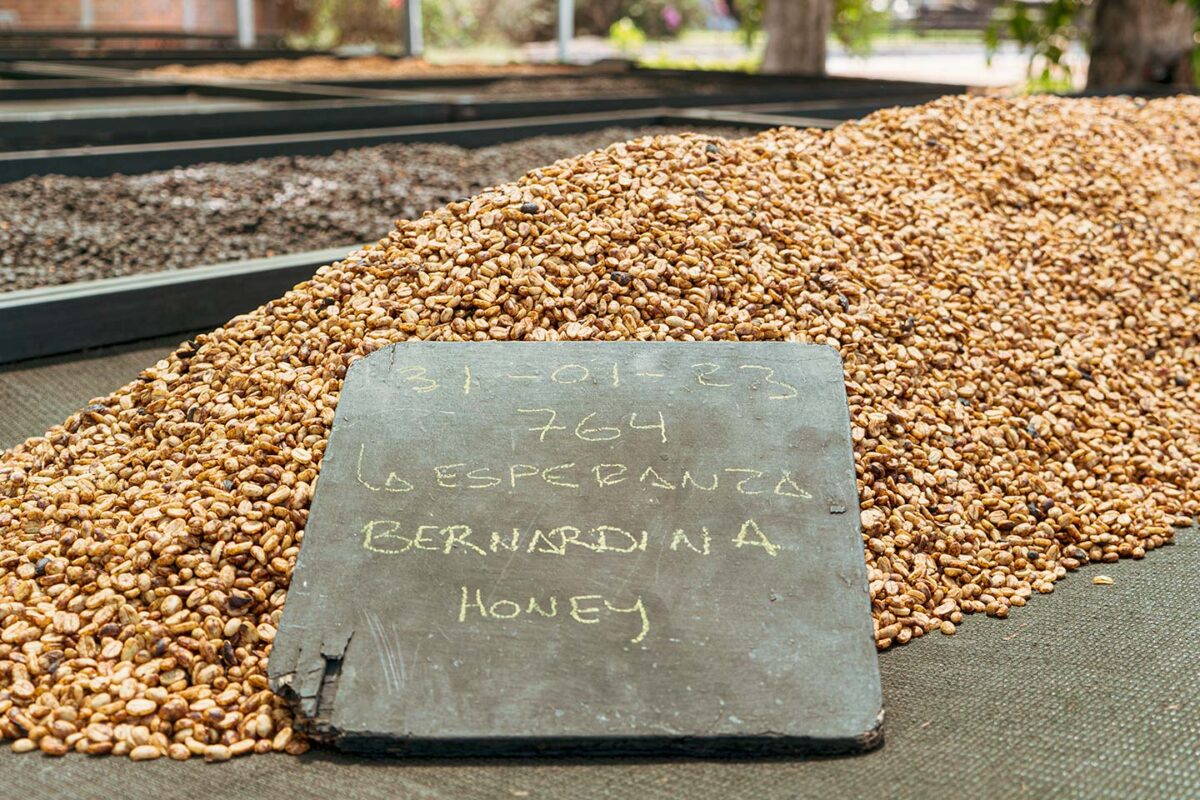
In 2013, the Pacas family’s inquisitiveness led them to another discovery on one of their farms: the Bernardina variety. With a flavor reminiscent of Geisha, Bernardina is considered the finest coffee among Cafe Pacas’s offerings. It has also won the family several Cup of Excellence accolades. Although a decade has passed since the discovery, the Pacas family has kept the variety under wraps, not out of a desire to monopolize its profits, but because they believe there is much more to be learned and improved about the variety.
“In the world of coffee, 10 years is not a long time. Coffee is a plant. It needs time to grow, and sometimes even decades to enhance the quality. When you work in coffee, you can’t expect to see results in the short term.”
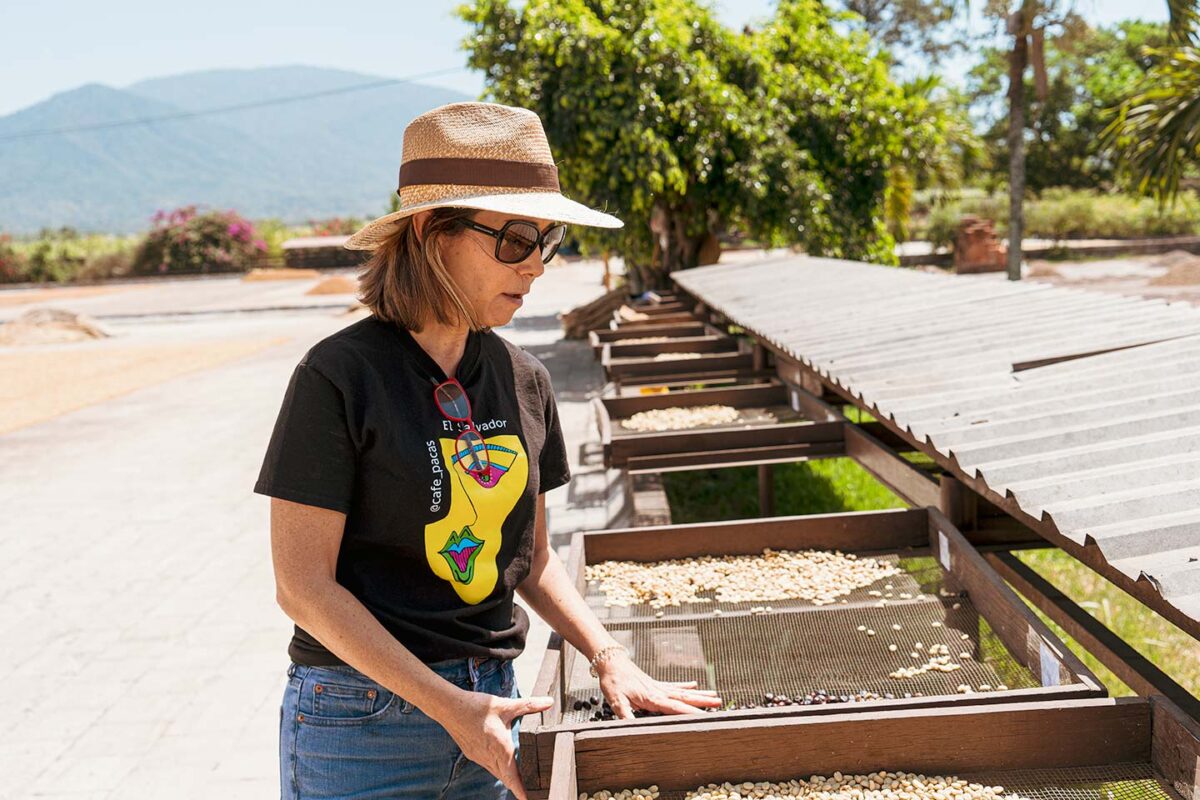
Research is an endeavor that requires long-term commitment and patience. As one saying goes, “You never know if your research will yield any results at all, and only when you persist can you make incremental progress in advancing science.” Metrics like cost effectiveness can’t be too relevant in the field of research. And achieving significant breakthroughs requires financial stability to invest considerable amounts of time, energy, and resources.
“Stability and research go hand in hand. Having stability allows us to gain resources to invest in research and innovation. This is why other coffee producing countries have government-run research institutes. El Salvador used to have its own research body, which did a great job for a while, creating new varieties like Pacamara by cross-breeding Pacas and Maragogype. But it ended up getting closed due to political reasons. And now research is left to private businesses like ours. But balancing research with business can be a challenge”
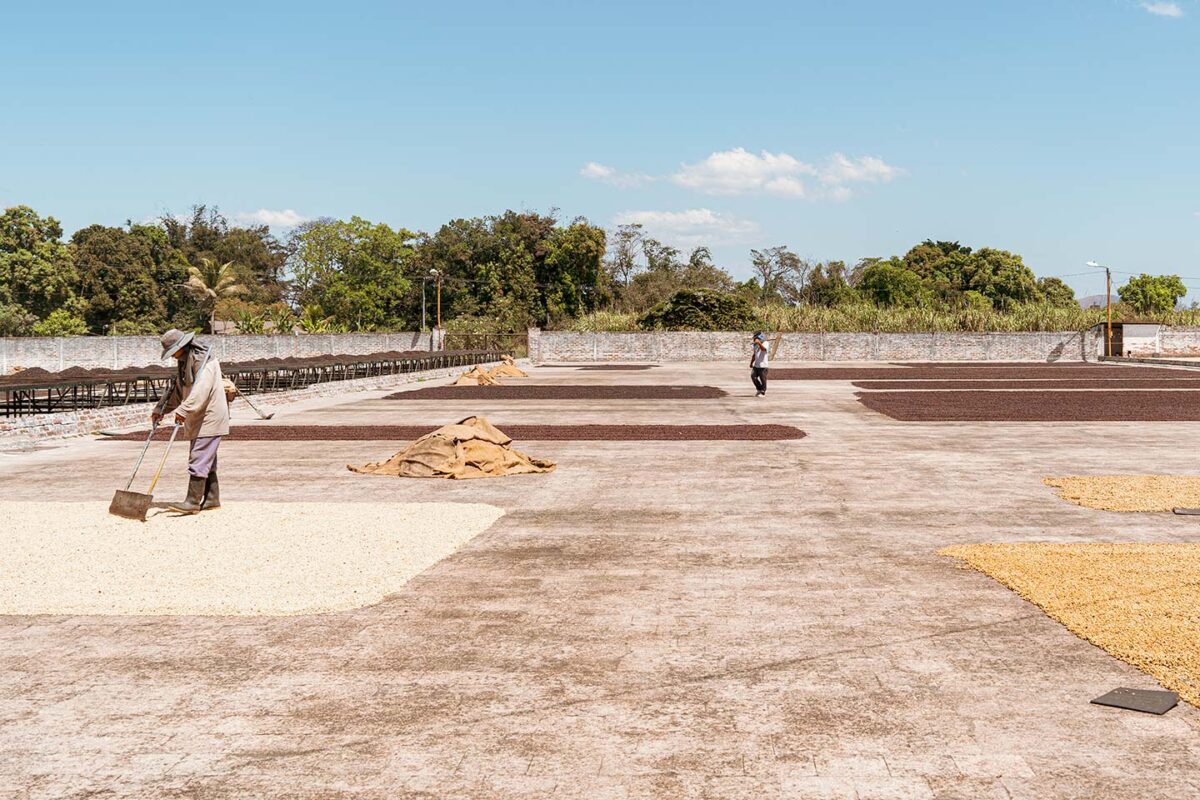
Family businesses such as Cafe Pacas, with their five-generation legacy, tend to embody the values and philosophy of the founding family in their decision-making. This sets them up for long-term success because from the outset, they plan to pass on the business to the next generation. This is one of the key strengths of a family business, allowing it to focus on the future rather than immediate profits.
“We have three pillars of sustainability. First, economic stability to keep the business going. Second, environmental stability and well-being. And third and most importantly, the happiness of the people working at Cafe Pacas. It doesn’t matter if you are curious, or if you are producing high-quality coffee, unless there are people willing to work at Cafe Pacas and get involved in the coffee business. Without those people, sustainability is difficult to achieve.”

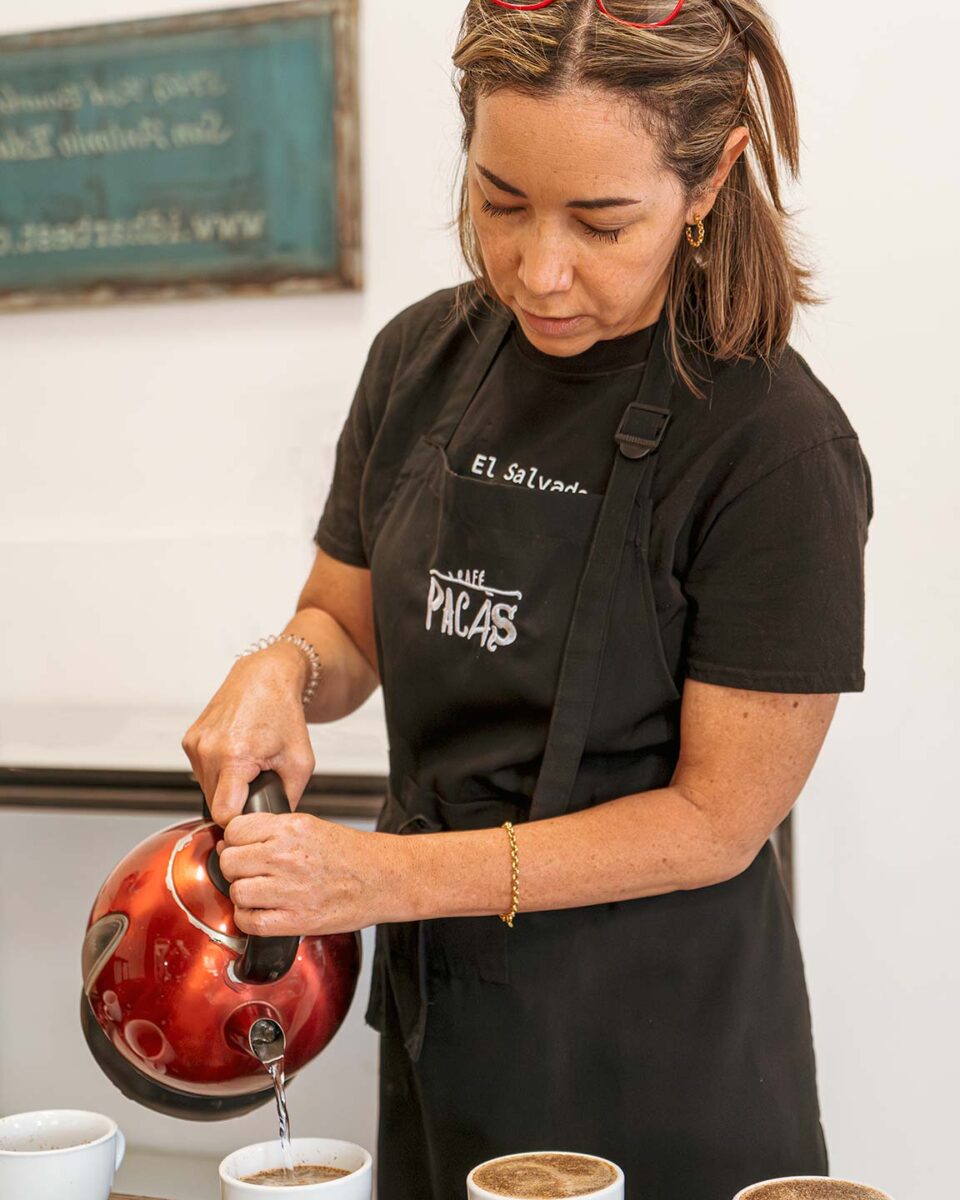
Specialty creates stability
After graduating from university, Maria worked at a bank for four years. Later, she ran a children’s clothes company while raising her two daughters. She joined Cafe Pacas after her father, Fernando Alfred Pacas Diaz, asked her for help when an increasing number of American and European buyers began visiting the Cafe Pacas farms to buy their green coffee directly. As a fluent English speaker, Maria assisted her father in overcoming the language barrier and communicating with these buyers.
Over time, she began to recognize the potential impact a coffee business could have, and decided to shift her focus to Cafe Pacas. By this point, she was becoming aware of the need to strengthen the company’s financial foundation, which was vulnerable to the structural complexities of the coffee industry. Back then, all of their coffees were traded based on futures market prices.
Futures prices fluctuate based on supply and demand and are at the whims of investors. They also do not reflect the cost of production. This makes it difficult for coffee businesses to plan for the future and make bold investments, which in turn discourages them from hiring permanent workers at farms or mills. The lack of job security affects their performance to a certain degree, and makes it challenging for employers to develop human resources over the long term.
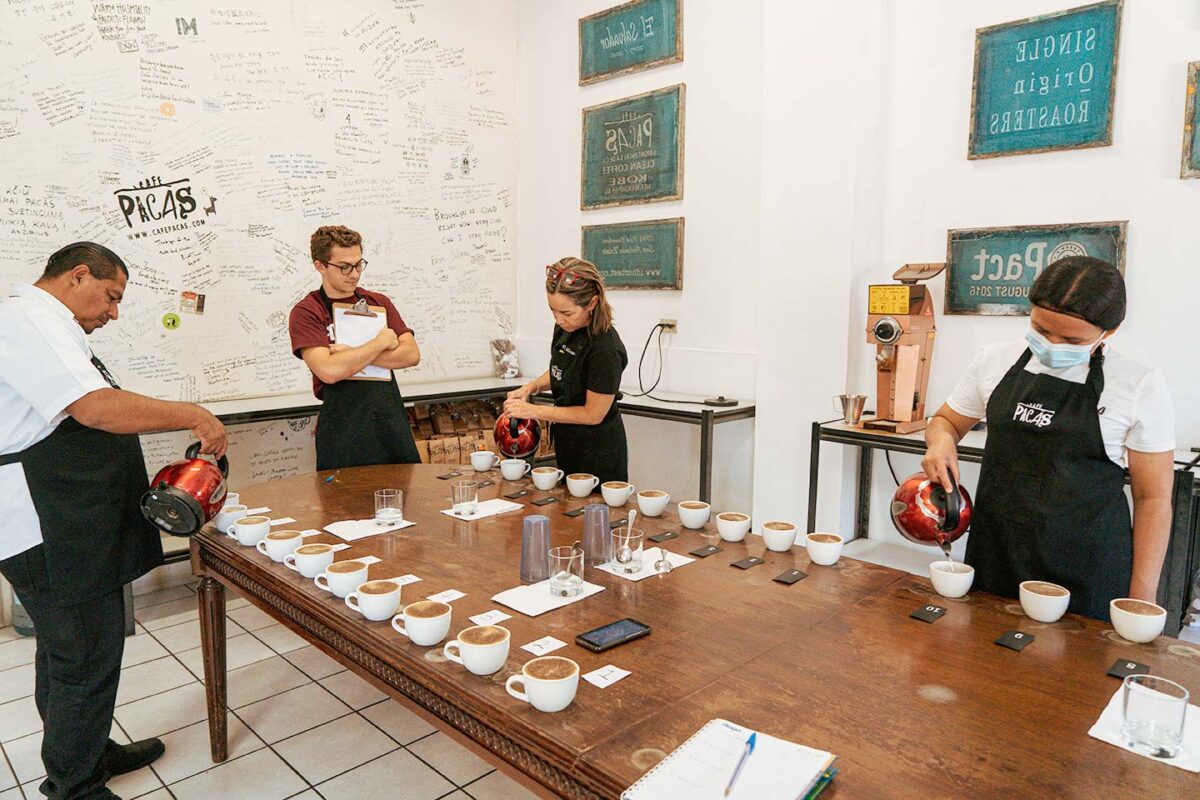
In order to break from this negative cycle, Maria decided to establish direct trade relationships with roasters and importers. Her goal was to build long-term relationships with clients and sell her coffee for a price that covered the cost of production so that Cafe Pacas could gain greater clarity about their future prospects and create a virtuous cycle.
More than a decade has passed since then, and her efforts are paying off. For example, Cafe Pacas has been able to hire more permanent employees, including mothers who now have more job security, enabling them to provide a better education for their children.
“For a business to provide its workers with stability, it needs to have a solid financial foundation. Stable coffee prices and profits are essential to enable long-term investments, such as staff training and research and development.”

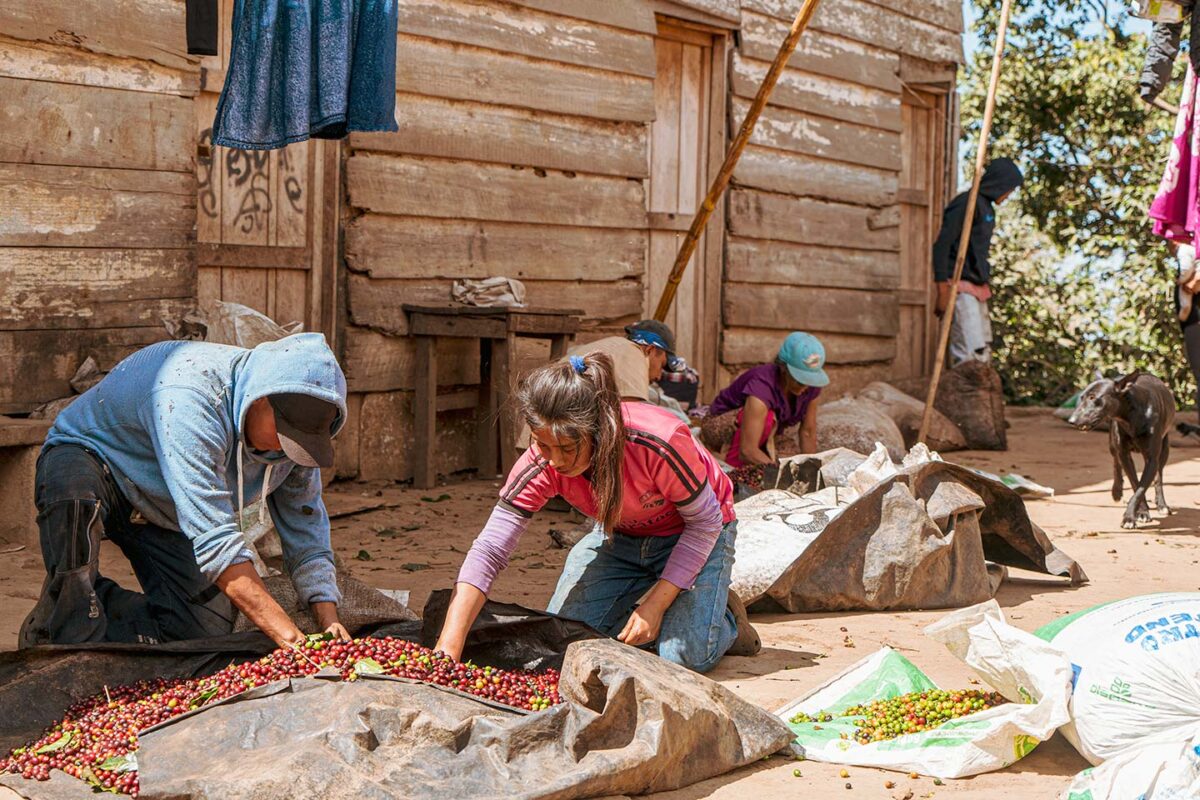
Good performance starts with good health
Maria noticed a significant issue while working with her family: the farmers at Cafe Pacas farms were struggling with emotional trauma from the El Salvador civil war, which lasted until 1992. Whenever Maria tried to engage them in conversation, they would look away, and it was difficult to communicate effectively. The emotional wounds had impacted their work and daily lives.
* The El Salvador civil took place from 1979 to 1992 between the government and socialist forces, leaving 75,000 people dead.
To improve their mental well-being and enhance their quality of life, Maria has made sure that therapists are available to the farmers whenever they need them. The program has been running since 2013 and has been highly effective, although it had to be suspended for 2023 due to the high cost of fertilizers and increased minimum wages.
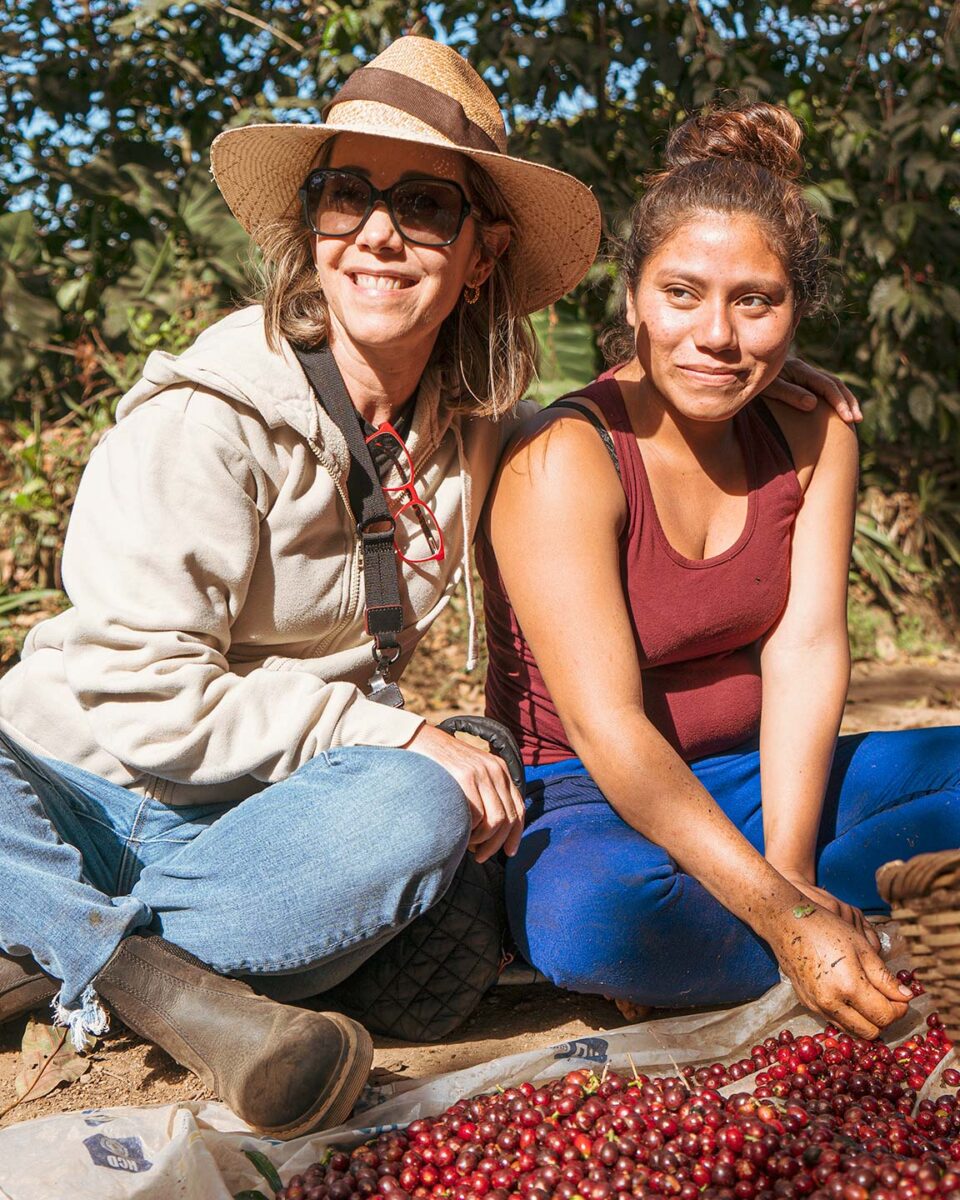
“I have noticed signs of recovery in the farmers from the third year of the program. They now look us in the eye and respond to our questions with confidence and tell us their opinion. It’s clear from their behavior and words that they are feeling happier now.
We are proud of the work we’ve done, but we are also proud of them. We just gave them the tools. We didn’t do any magic. Nothing will change if they are not willing to use the tools and put them into practice in their day-to-day lives.
Coffee farmers work with live beings. Coffee is a plant, it’s a living thing. If farmers are positive and mentally at peace, satisfied with their lives, coffee can sense that. And that leads to a good relationship between the farmer and the plant. It then encourages the farmer to do a better job, which results in better work performance. Our philosophy is, if you are mentally and physically healthy, you can do a better job.”

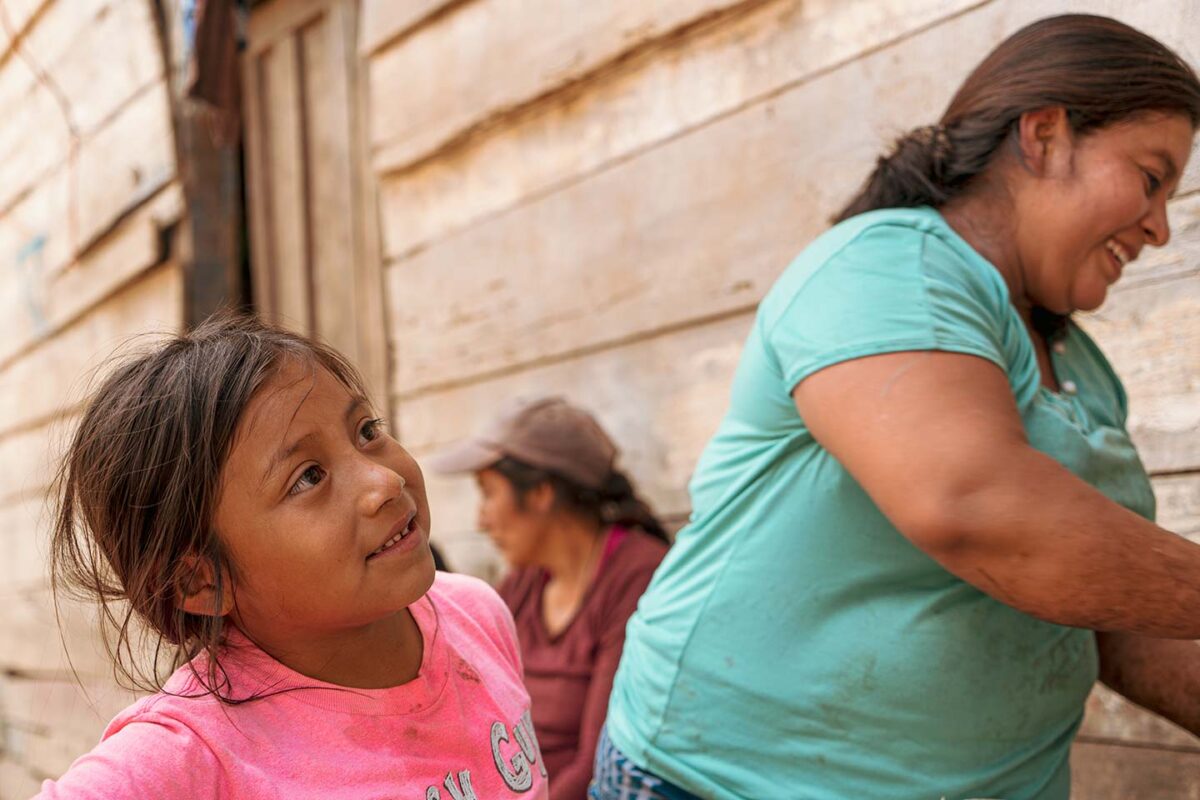
Coffee brings ‘family’ together
Cafe Pacas puts love at the center of its business, as reflected in their mission statement, “Love coffee like a member of the family.
“For us, growing coffee is like raising children. When you have your own children, you raise them with loving care and provide them with all the tools they need to grow. They go on to develop their own personality and one day become adults. Whether they stay close or move somewhere far away, they will always be a part of you because family is connected by love.”
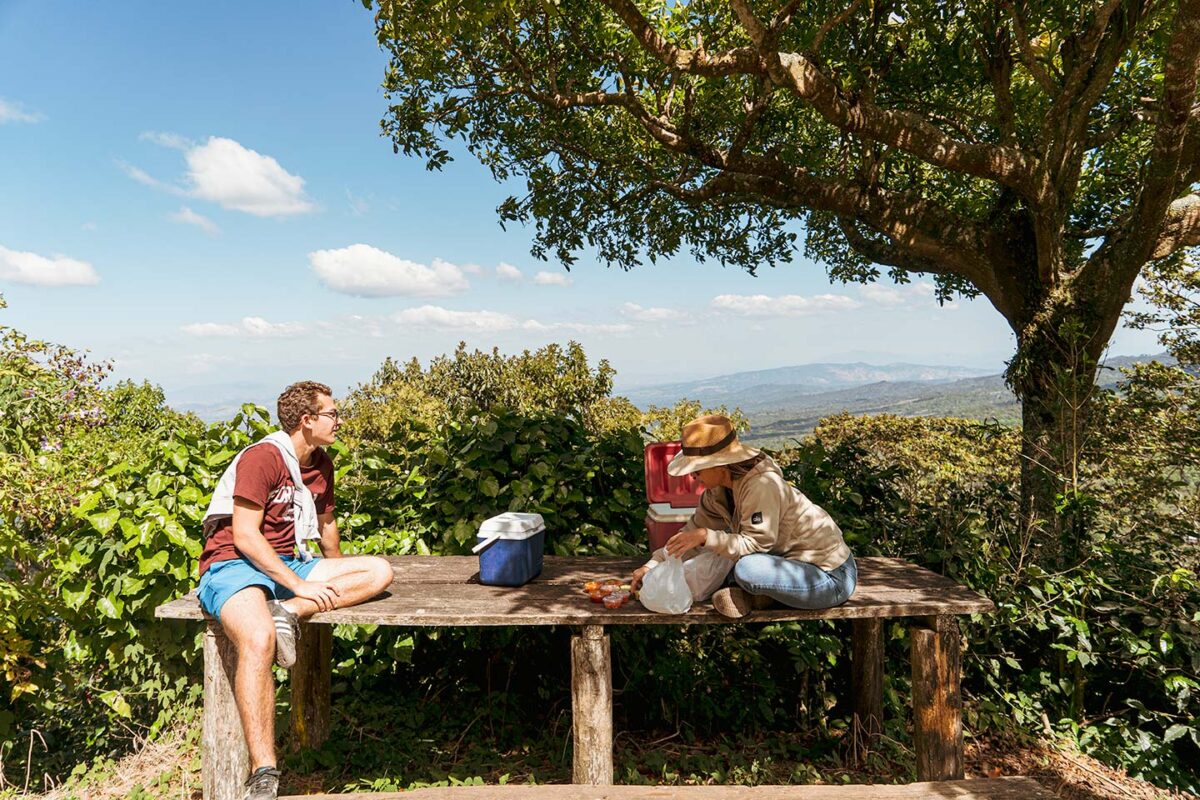
Maria looks back on her childhood with fondness, recalling the close bond she shared with her grandparents, siblings, and cousins. Although she says her family wasn’t necessarily very wealthy, her parents taught her that money couldn’t be a substitute for love. And this resonated with her deeply. Her world was one filled with warmth and light.
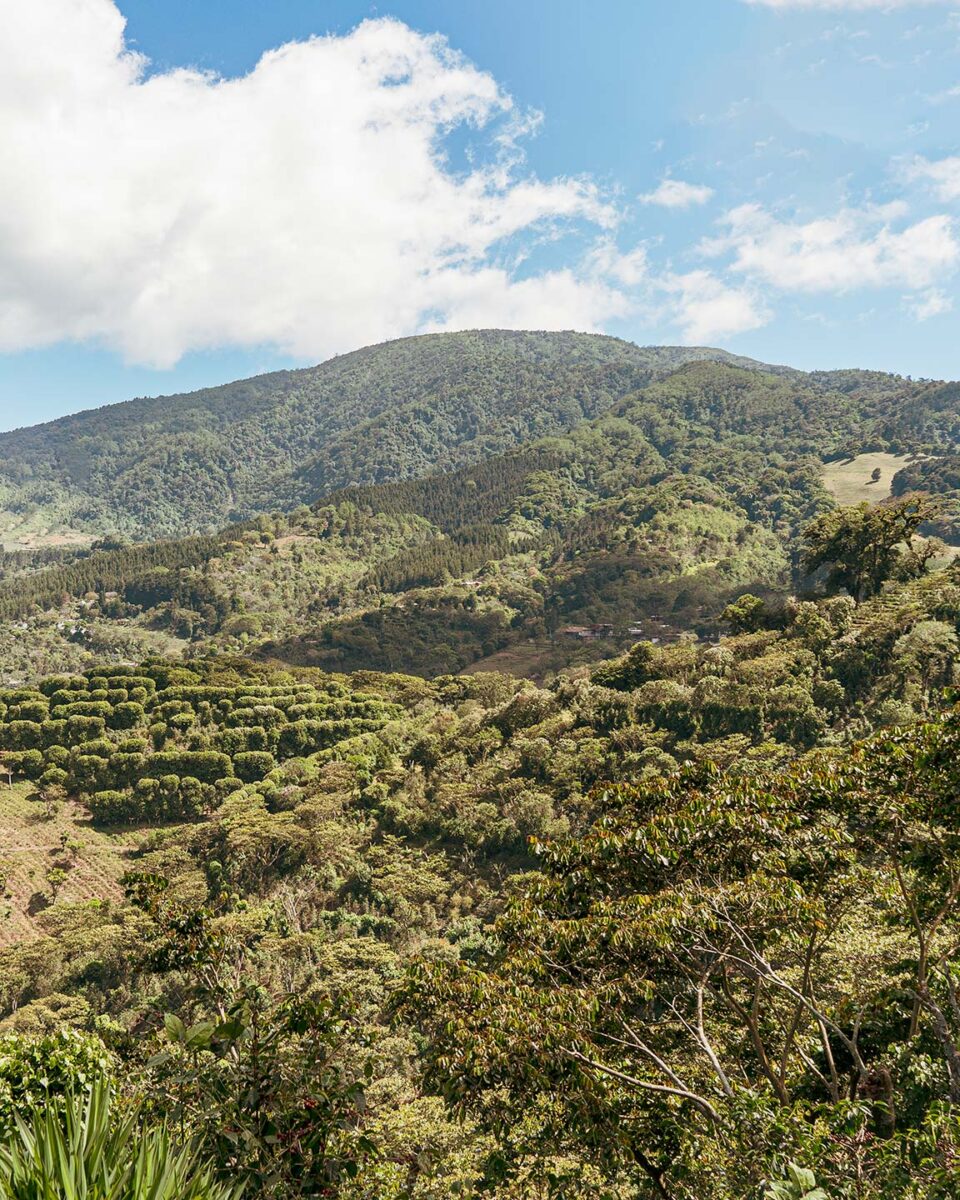
“Three of my siblings work at Cafe Pacas. We have different personalities and different interests. So we sometimes disagree and get into an argument. But at the same time, we respect each other. And we all love coffee. It’s a big part of our hearts that brings us together.
I think my parents played a crucial part in making us who we are. My father saw us as equals, regardless of gender, and encouraged us to get out there and do things. When I was starting out in the coffee business, I attended meetings with coffee producers and SCA events, and I remember feeling a little left out. But still, I didn’t feel like I couldn’t keep up with them because my father always stood by my side.
In 10 years’ time, we’ll see more women choosing to work with coffee, taking over family farms, and participating in decision-making. Our goal is not to replace men with women but to promote a healthy work environment that leverages the unique strengths of both genders.”
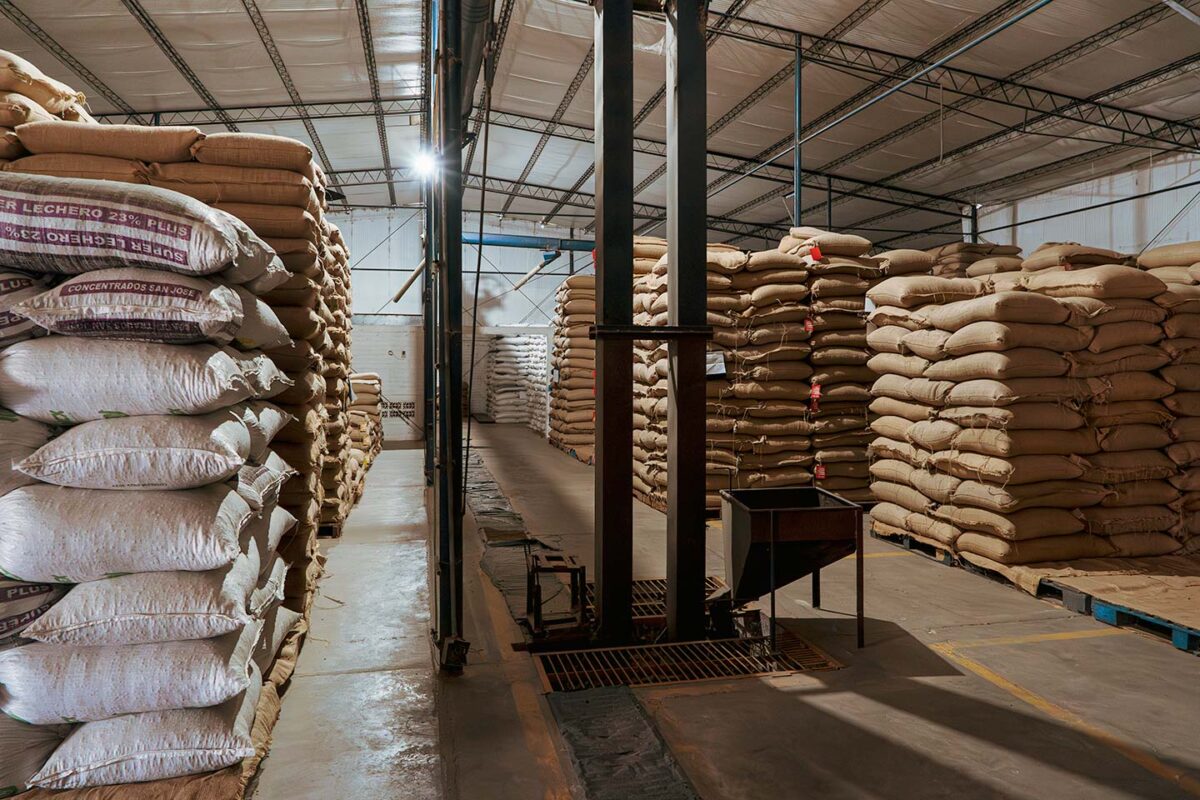
When Maria’s father Fernando began processing and exporting specialty coffee in 1991, he set up a new business with some members of his team. Some of them went on to devote their entire careers to the company. And for the Pacas, these employees are also part of the family.
While Cafe Pacas’s vertically integrated business model has many advantages, it also comes with drawbacks. If the company experiences difficulties, it can impact the farmers and mill workers, and the opposite is also true. In a way, they are all in the same boat, sharing their fortunes.
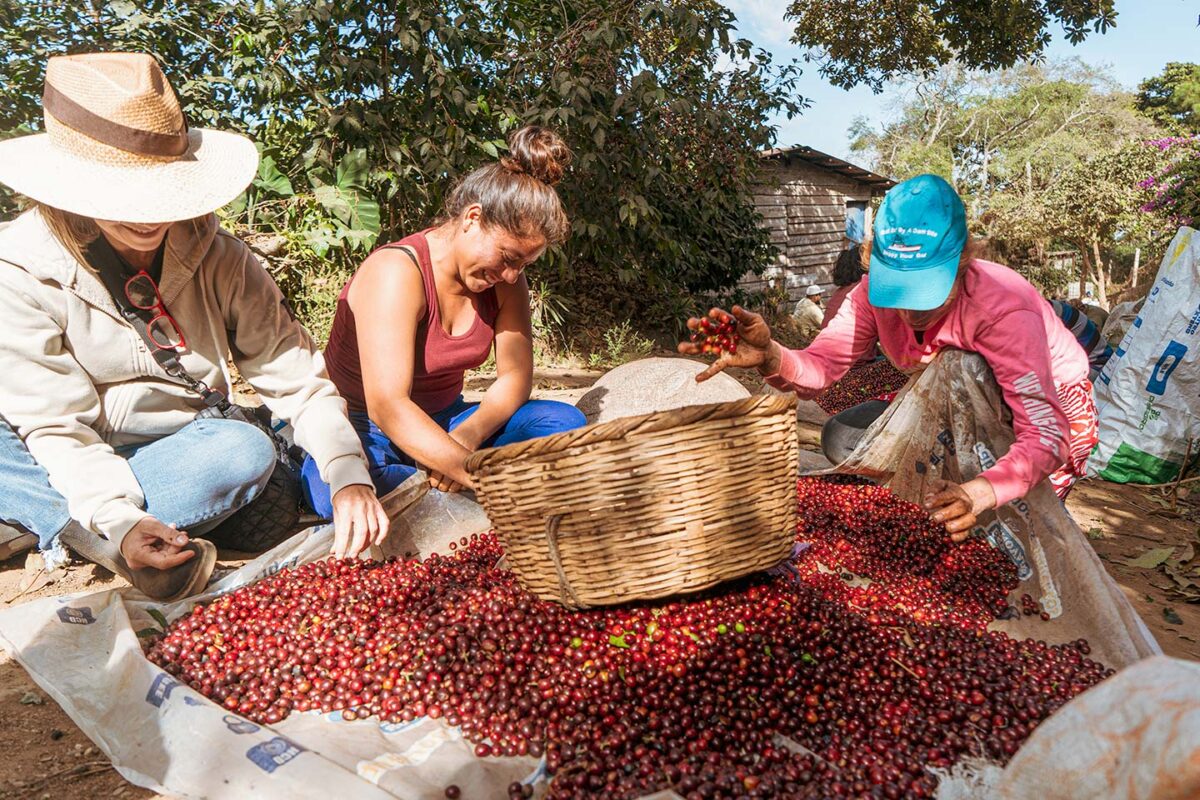
“We see Cafe Pacas as more than just a company, it’s a community. We need their support just as much as they need us. Everyone, from the farmers and mill workers to the administrative staff and our clients, is a part of the Cafe Pacas community.
Our goal is to grow coffee that’s loved dearly by people all over the world. What do we all wish for our loved ones? To find love. We cultivate coffee with the utmost care and hope it will reach someone who appreciates how much work and love has gone into producing that coffee. Through specialty coffee, we can secure traceability by farm and variety, and we can make our mission come true. Our coffee was not born to be alone.”
Text: Tatsuya Nakamichi